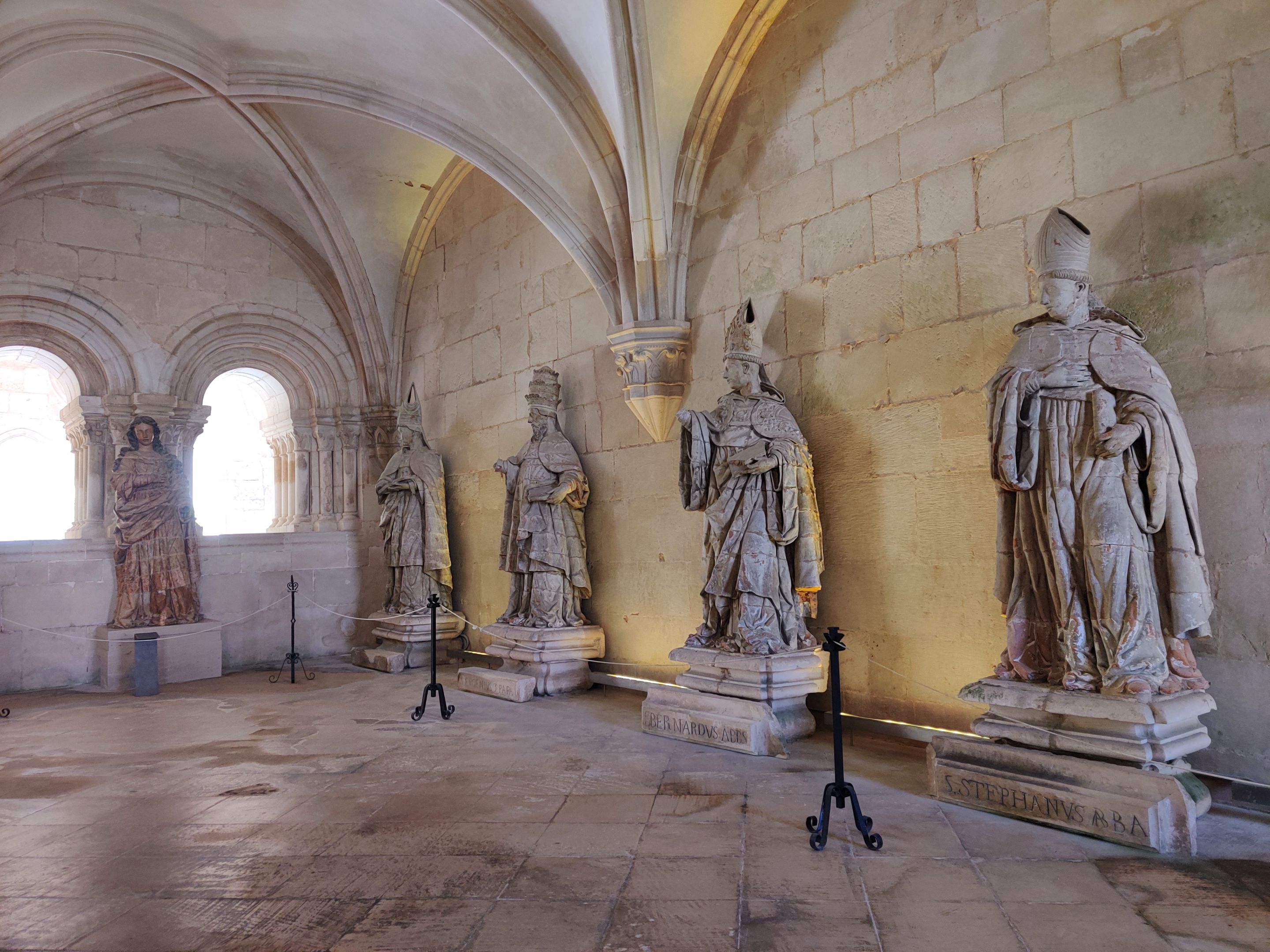
And so we are back to the Alcobaça Monastery. It will take me a while to show you all the amazing rooms one by one. They all deserve the attention and with the amount of photos it is impossible to throw them all into one post.
For today I have The Chapter House (Sala do Capitulo). A chamber that I checked twice actually. The first time I was just admiring and took just a couple general shots. Then later I came back to fix the lack of photos problem and paid more attention to some details.
Each room had a little info in front with a map. This is the first room that we see after we enter the Monastery part after visiting the church.
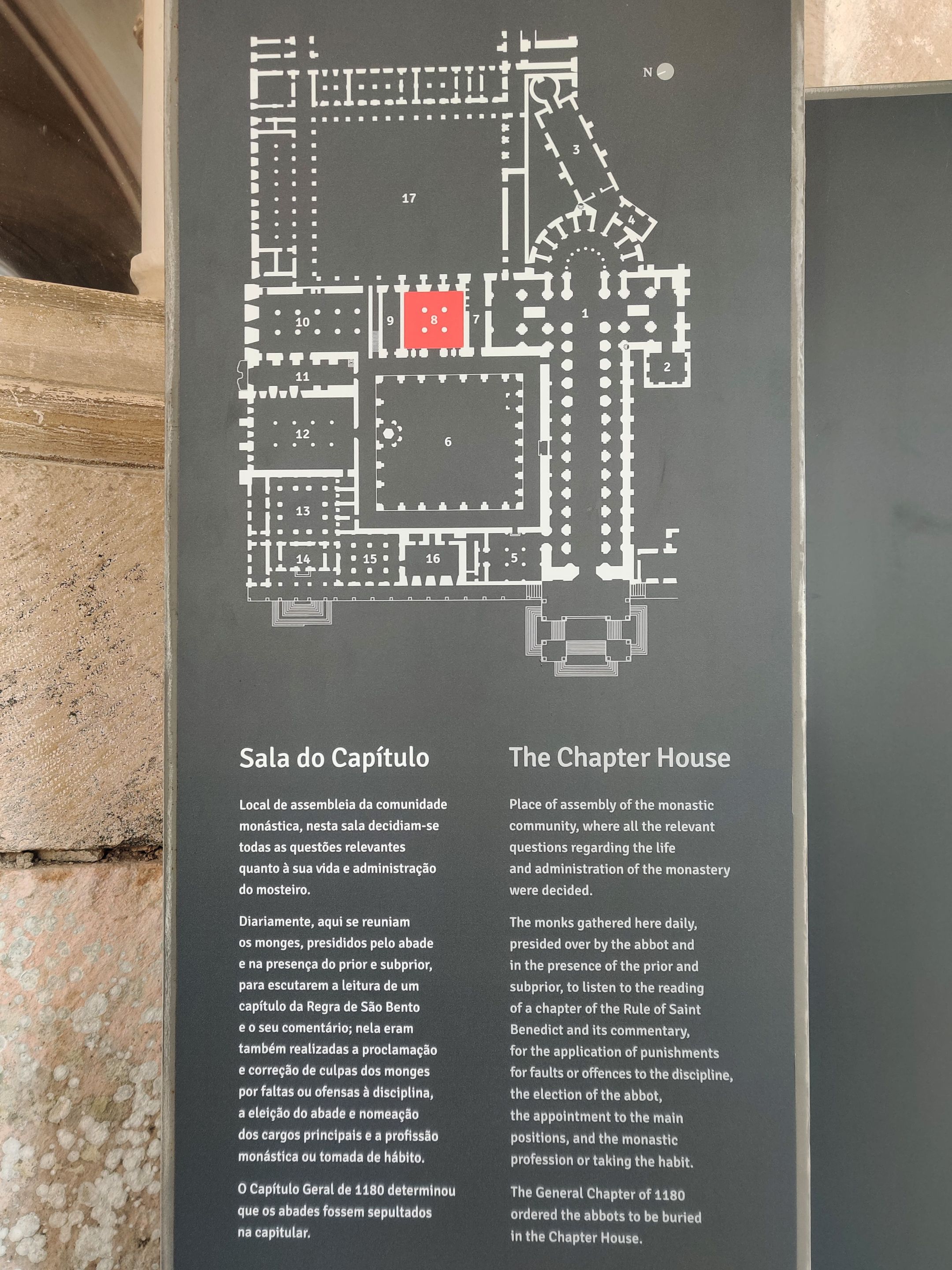
You enter the room and they all stare at you (or admire the garden view behind...)
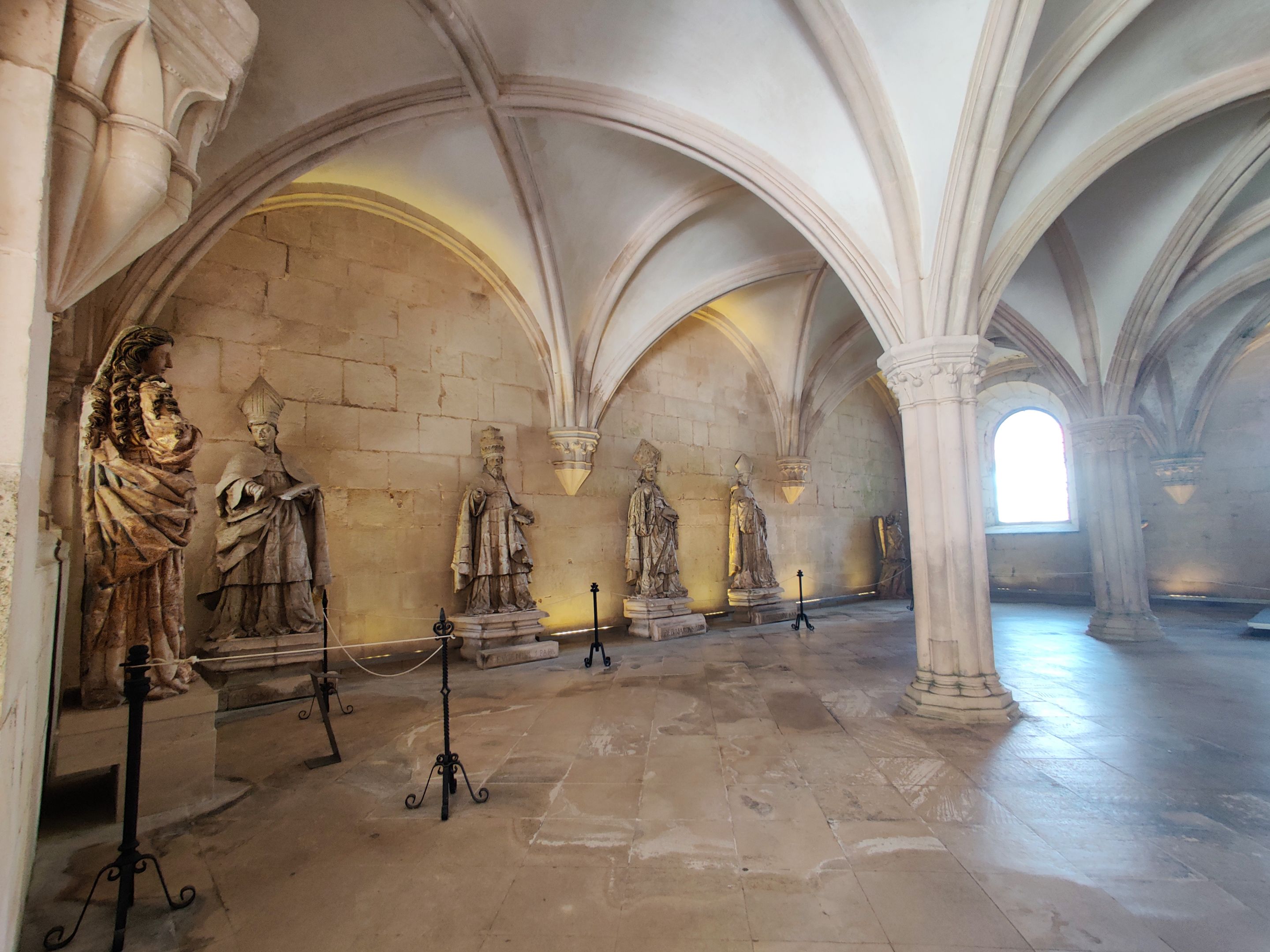
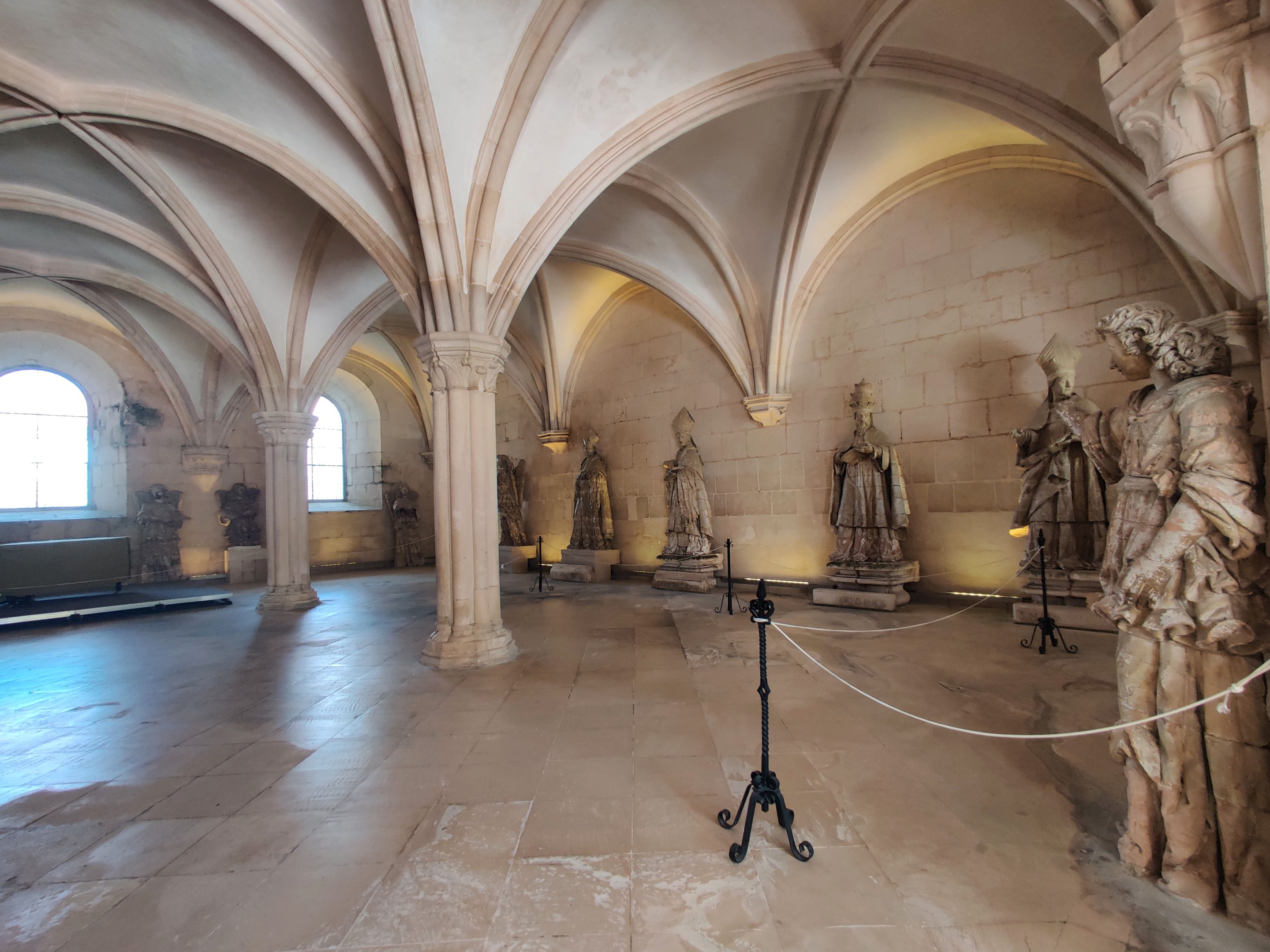
The Chapter House was used for the monks' assemblies and was, after the church, the most important room in the Monastery. Its name comes from the readings that were made from the chapters of the Benedictine Rule. On the other hand, this room was the place where the monks voted and carried out other similar acts.
In the past, the floor of this room was completely covered with these funerary plaques, because according to a Cistercian law from the year 1180, abbots had to be buried in the Chapter House.
source
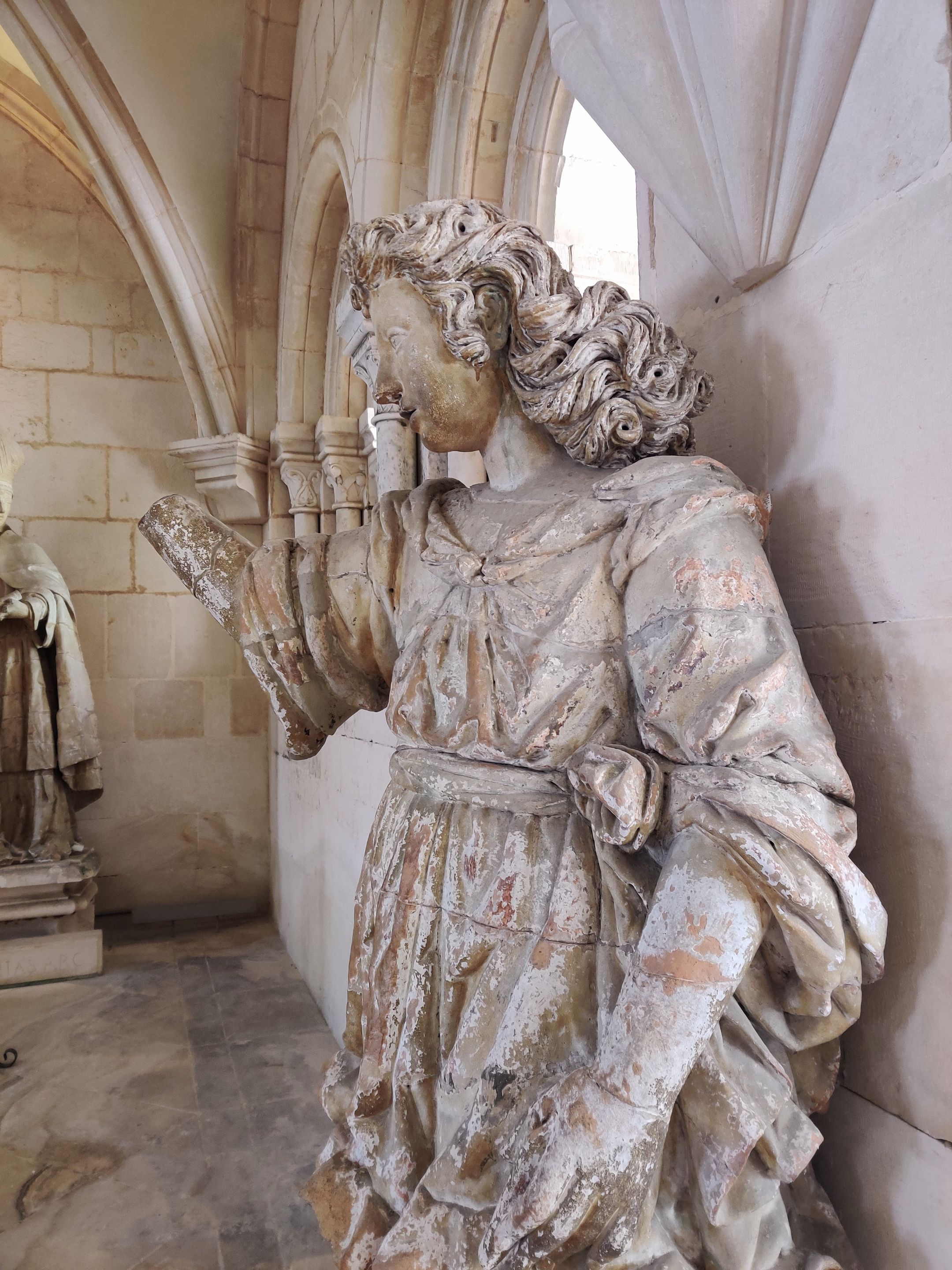
The entrance is guarded by two female statues that are meant to represent devotion and resilience.
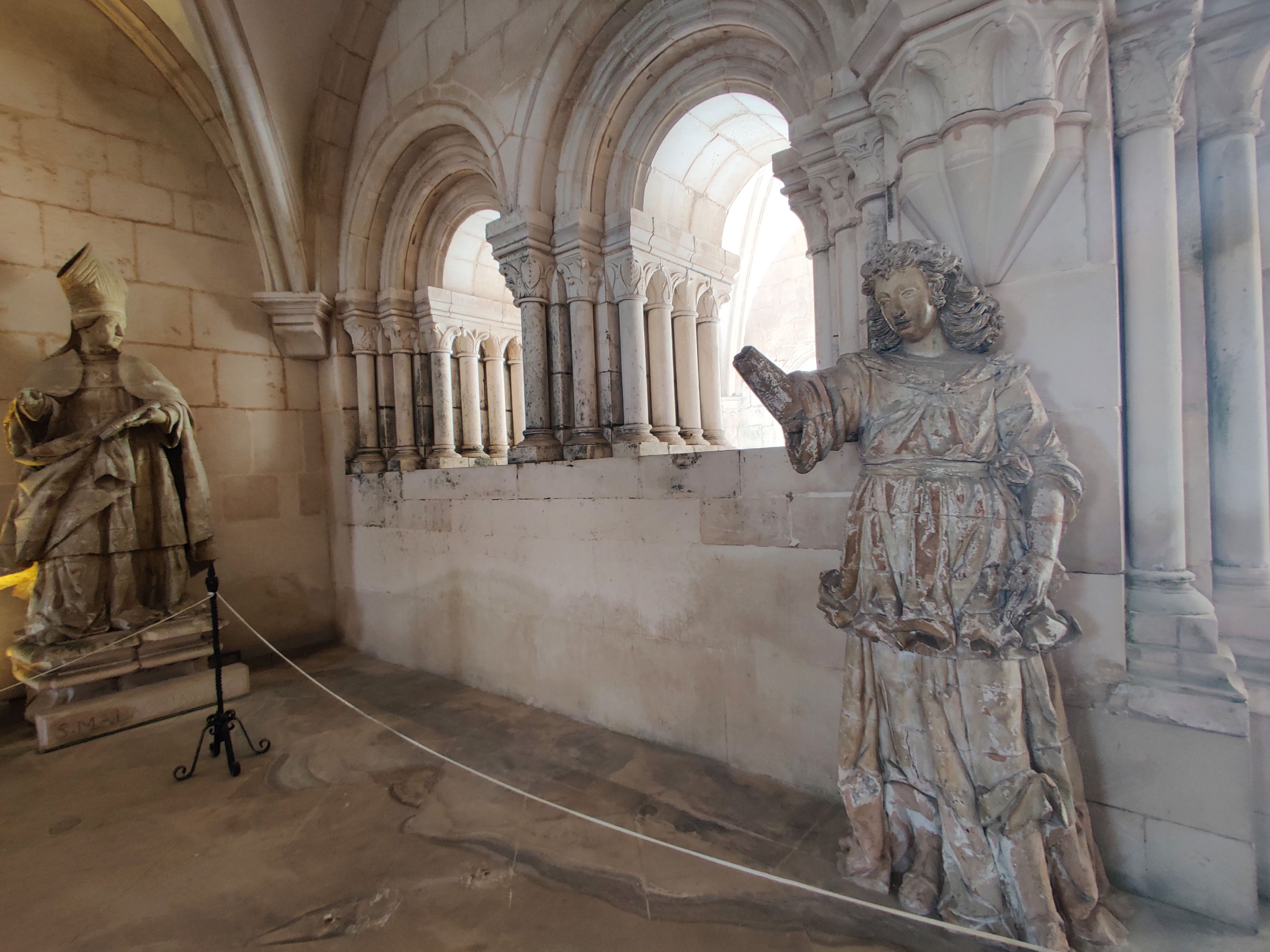
I could not find a lot of detailed info about the statues, so I asked ChatGPT and this is what it told me:
The Sala do Capítulo (Chapter House) of the Alcobaça Monastery contains several notable statues, mainly depicting religious figures. Some of the key statues include:
Saint Benedict – Founder of the Benedictine monastic order, which influenced the Cistercians.
Saint Bernard of Clairvaux – A key figure in the Cistercian Order, which founded Alcobaça Monastery in the 12th century.
Portuguese Kings and Queens – Some statues represent royal patrons of the monastery, such as King Afonso Henriques, who donated the land for its construction.
Religious Figures – Various abbots, monks, and saints associated with the monastery's history.
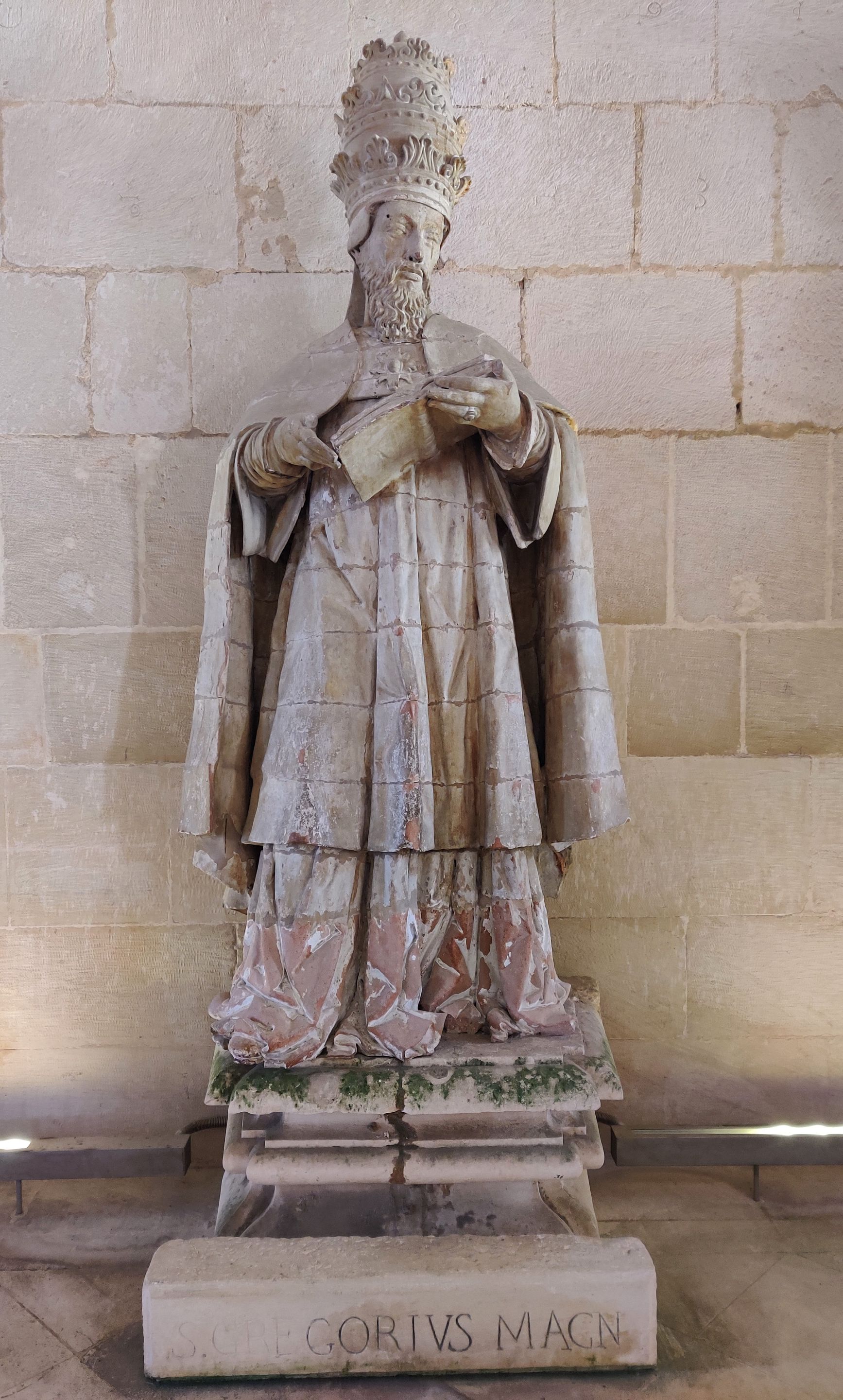 | 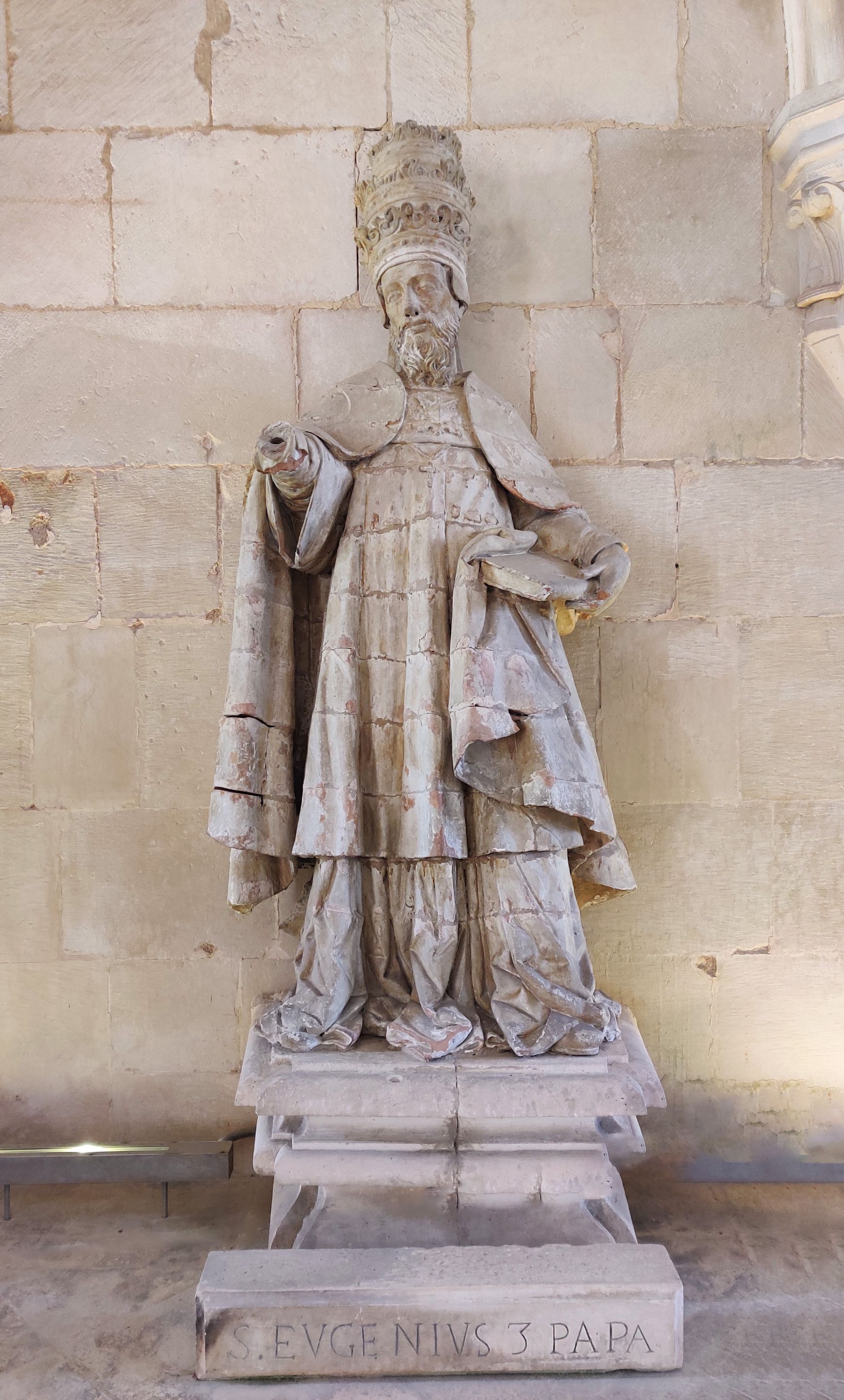 |
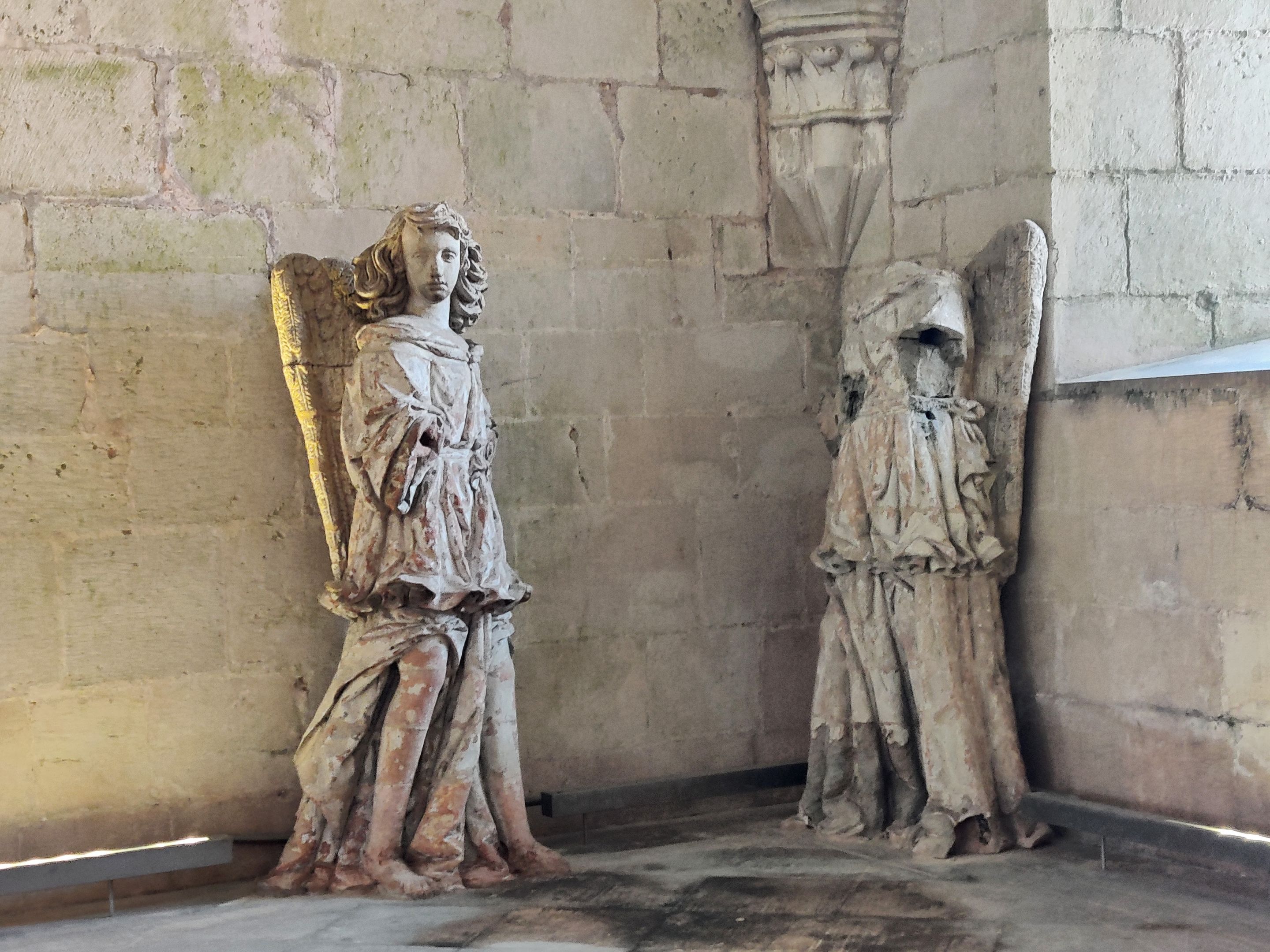
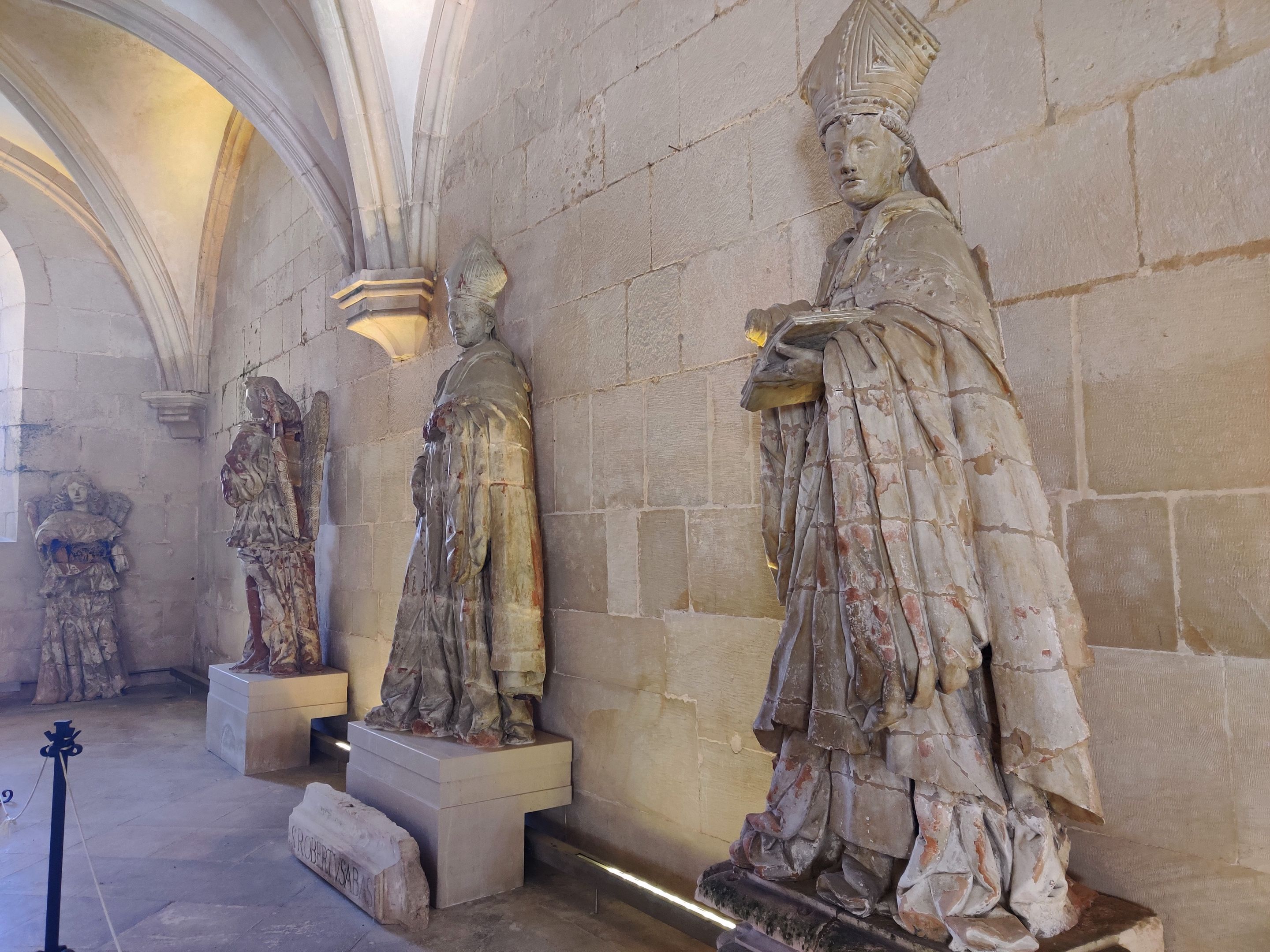
View to the corridor and garden:
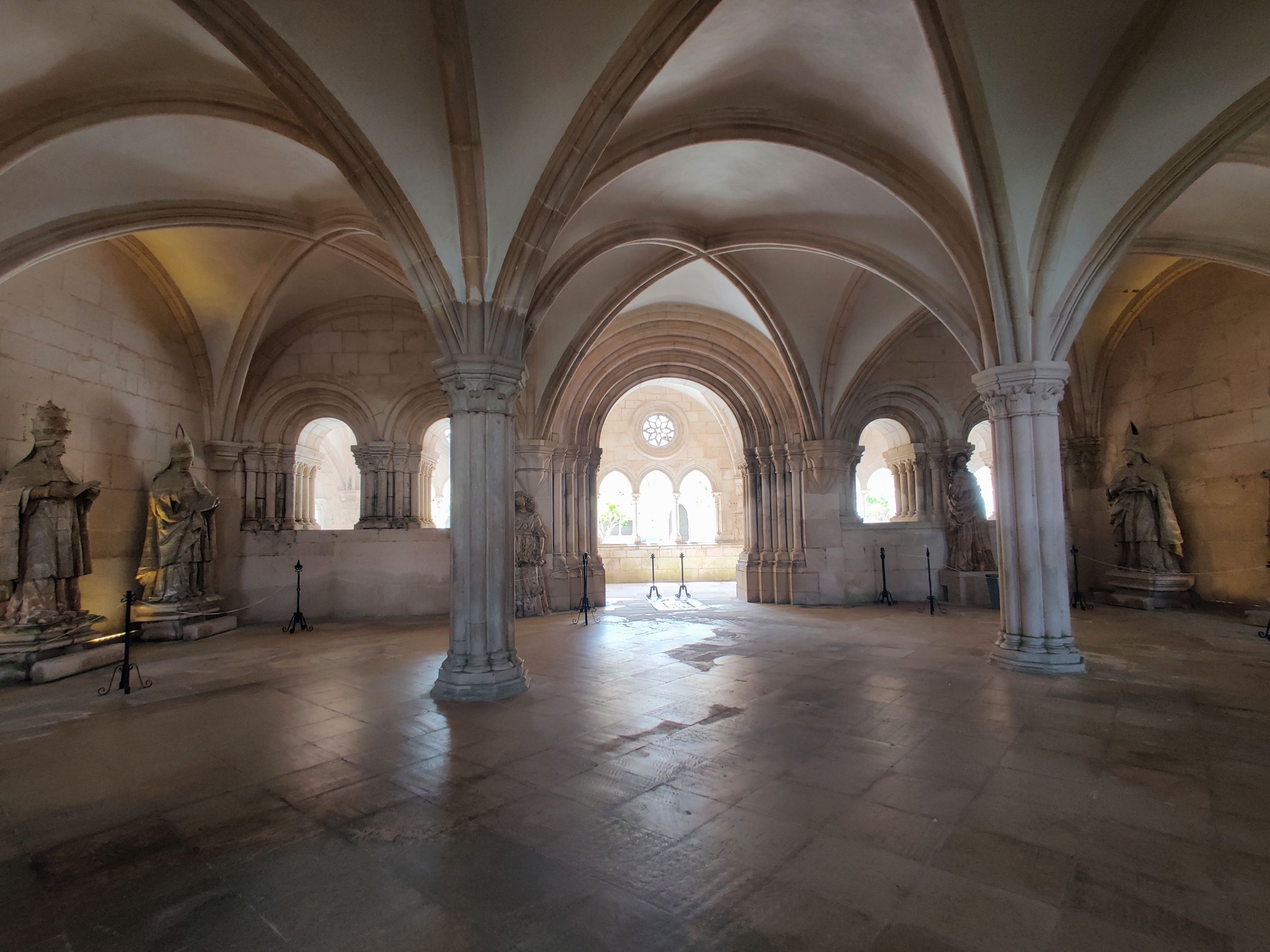
The whole room is filled with light. All thanks to the light stone - Limestone that was mainly used to build the place.
Here you can notice the lovely ceiling:
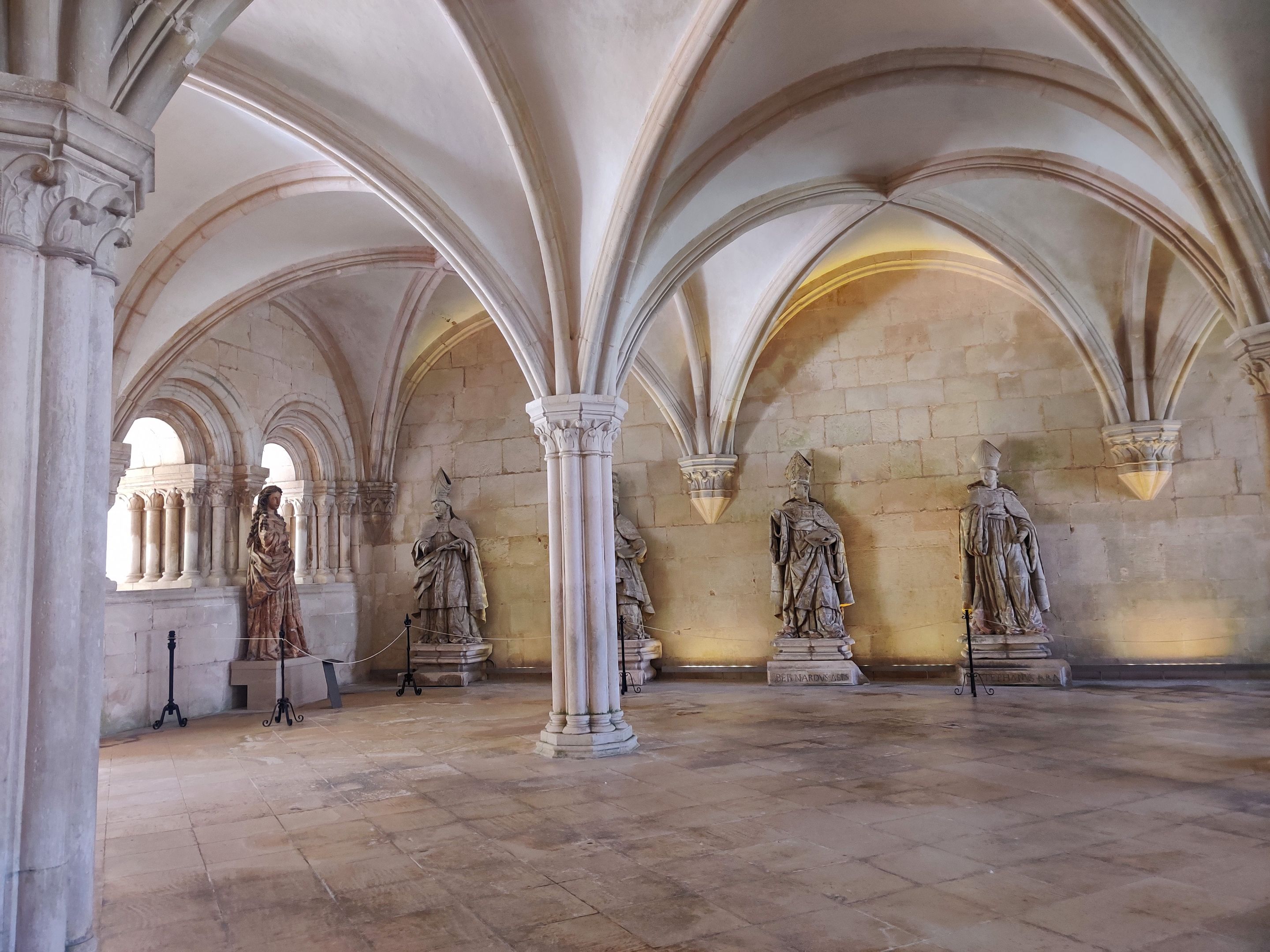
Shot with: OnePlus 7 pro
All photos and text are my own.
